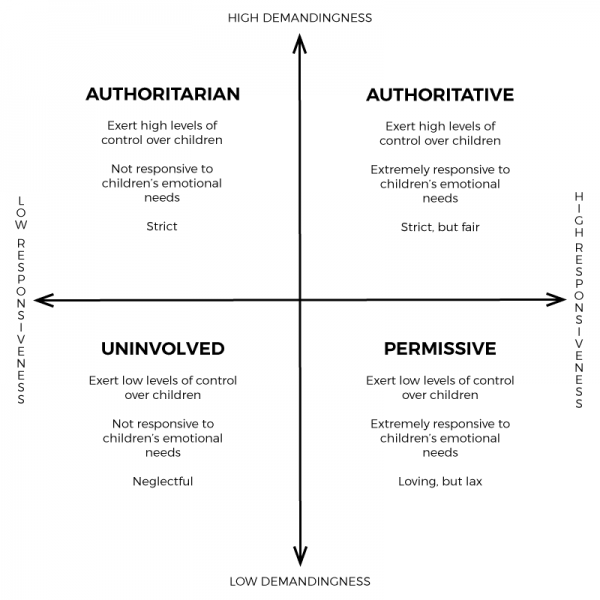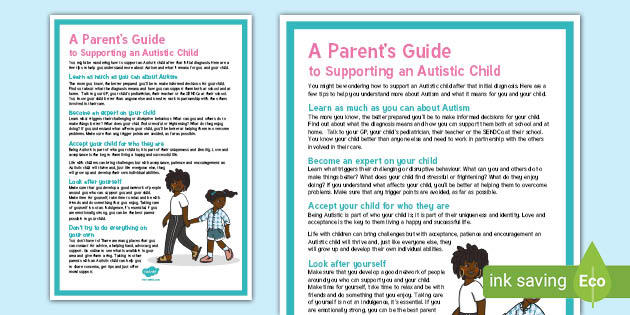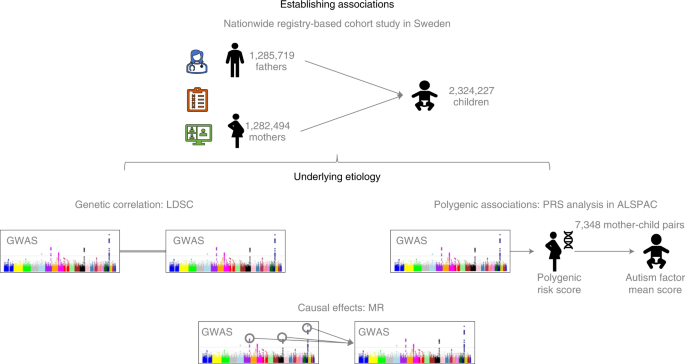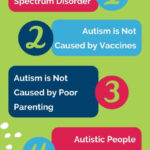If you’re a parent navigating the unique journey of raising a child with autism, you’re not alone. With the right information and resources, you can empower yourself to provide the best possible care for your child. Our article, “10 Things Every Parent of a Child with Autism Should Know,” is a treasure trove of insights and tips, specifically designed to demystify autism and help you understand your child’s world better. This essential guide aims to enhance your knowledge about autism and its various aspects, thus optimizing your child’s development and wellbeing. This is a must-read for every parent, caregiver, or loved one of a child with autism.
“Understanding Autism Spectrum Disorder: What Every Parent Should Know”

Understanding Autism Spectrum Disorder (ASD) is crucial for any parent with an autistic child. ASD is a neurodevelopmental disorder that affects social interaction, communication, interests, and behavior. It’s important to remember that each child with autism is unique, and symptoms can range from mild to severe. Early diagnosis and intervention are vital, as they can significantly improve a child’s development and quality of life. Equipping yourself with knowledge about autism can help you provide the best support for your child. Stay updated by engaging with autism support groups, medical professionals, and educational resources. Your understanding and acceptance of autism are fundamental to your child’s wellbeing and growth.
“Effective Communication Techniques for Parents of Children with Autism”

Understanding your child’s unique communication style is paramount when you’re a parent of a child with autism. There are various effective communication techniques to facilitate interaction. For instance, using visual supports like pictures or signs can significantly enhance understanding and expression. Similarly, employing social stories can help your child comprehend different social situations. Moreover, focusing on non-verbal cues and maintaining patience during communication are key. Always remember, each child is different, and what works for one may not work for another. Therefore, it’s crucial to continually adapt and experiment with different strategies until you find what works best for your child.
“Exploring Autism-Friendly Activities and Resources for Parents”

Parents of children with autism often find it challenging to identify activities that support their child’s unique needs and interests. However, it’s essential to encourage participation in autism-friendly activities that foster their development, improve social skills, and increase self-confidence. Online platforms and local communities offer numerous resources, from sensory-friendly movie screenings to specialized sports programs. Parents should also consider therapeutic resources such as ABA, occupational, or speech therapy. Exploring these opportunities not only provides a stimulating environment for your child but also builds a support network with other parents navigating similar experiences. Remember, every child with autism is different, and finding the right activities and resources requires patience and persistence.
“The Importance of Early Intervention and Therapies for Children with Autism”

Early intervention and therapies for children with autism play a pivotal role in their development. It is vital for parents to understand the significance of early diagnosis and the potential impact of intervention therapies. Therapies such as Applied Behavior Analysis, Occupational Therapy, and Speech Therapy can drastically improve a child’s communication, social skills, and behavior, helping them navigate their world more effectively. The sooner these interventions are implemented, the more considerable progress a child can make. Parents, therefore, need to be proactive in seeking help and finding appropriate therapies for their autistic children.
“Emotional Support and Self-Care Tips for Parents of Children with Autism”

Caring for a child with Autism Spectrum Disorder (ASD) can be emotionally challenging, making self-care and emotional support vital for parents. It’s essential to understand that it’s normal to feel overwhelmed, and seeking professional help or joining support groups can be beneficial. Regular breaks, balanced nutrition, and physical activity can greatly contribute to your mental well-being. Remember, you’re not alone, and it’s okay to prioritize your emotional health. Practicing mindfulness, meditation, or yoga can also help manage stress. Parents’ emotional health significantly impacts their ability to care for their child, making self-care a crucial aspect of parenting a child with autism.




